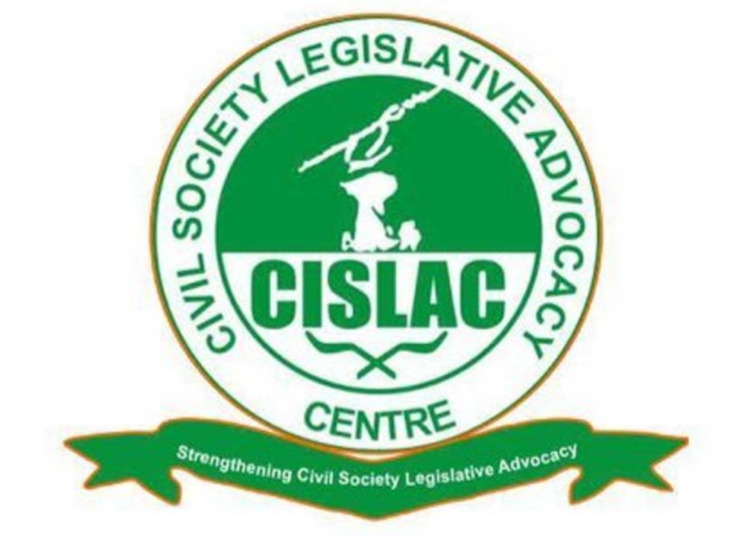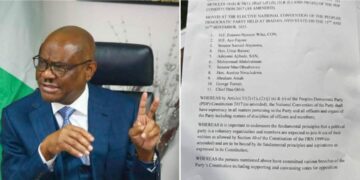The Civil Society Legislative Advocacy Centre (CISLAC) has called on the Ministry of Steel Development and the Bureau of Public Procurement to ensure transparency and adherence to legal standards in the ongoing procurement process for selecting a Transaction Adviser to revitalize the Ajaokuta Steel Complex Limited (ASCL) and the National Iron Ore Mining Company (NIOMCO) in Itakpe.
In two separate letters signed by Comrade Auwal Musa Rafsanjani, executive director of CISLAC, and addressed to the honourable minister of steel development and the director general of the Bureau of Public Procurement, CISLAC—the Nigerian chapter of Transparency International—expressed concerns over potential irregularities in the procurement process that may contravene the Public Procurement Act 2007, public procurement regulations, and other standards of transparency and accountability.
Given the strategic economic significance of ASCL and NIOMCO, CISLAC emphasised the importance of a rigorous and transparent process for selecting a qualified adviser. It underscored that the process should uphold public trust by strictly adhering to due process to ensure the selection of the most competent adviser.
CISLAC pointed out that the Request for Proposal (RFP) reportedly failed to specify the weight assigned to quality and cost factors, as required by Section 51(1) of the Public Procurement Act, 2007, thus undermining fairness in the selection process. Additionally, CISLAC noted that bidders’ technical scores were not disclosed before opening financial proposals, which it stated violates Section 51(4) of the Act.
The absence of explicit evaluation criteria in the RFP also contravenes Section 46(1)(e), potentially allowing arbitrary scoring. Further, CISLAC highlighted that Sections 23-24 of the Act mandate the transparent publication of bid opportunities and contracts awarded, a standard that has not been met in this case.
According to CISLAC, omitting the Infrastructure Concession Regulatory Commission (ICRC) from the procurement process raises concerns, as it violates the ICRC Act, 2005, and statutory requirements for public-private partnerships. CISLAC emphasised that this exclusion raises legal and transparency issues, especially for a project of such national significance.
CISLAC also highlighted the importance of civil society organisations (CSOs) in monitoring procurement processes to foster public confidence that aligns with global standards and the National Anti-Corruption Strategy. The letter further underscored that Section 57 of the Act mandates transparency in disclosing conflicts of interest, a requirement essential for impartiality in the selection process.
The letter also raised concerns over potential breaches of the Fiscal Responsibility Act, ministerial oversight obligations, and public ethics standards, stressing that transparency and accountability are essential for a fair and equitable process. With federal investments in ASCL and NIOMCO exceeding $7 billion over 40 years without yielding results, CISLAC warned that Nigeria cannot afford to repeat past mistakes in its efforts to revive these critical assets.
In conclusion, CISLAC urged the honourable minister and the Bureau of Public Procurement director general to intervene to ensure an open, fair, and transparent process that appoints a transaction adviser best qualified to achieve the project’s goals and restore public trust.





